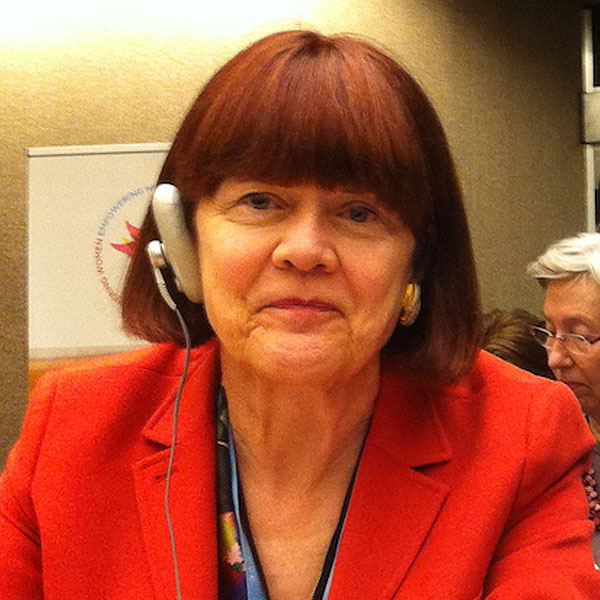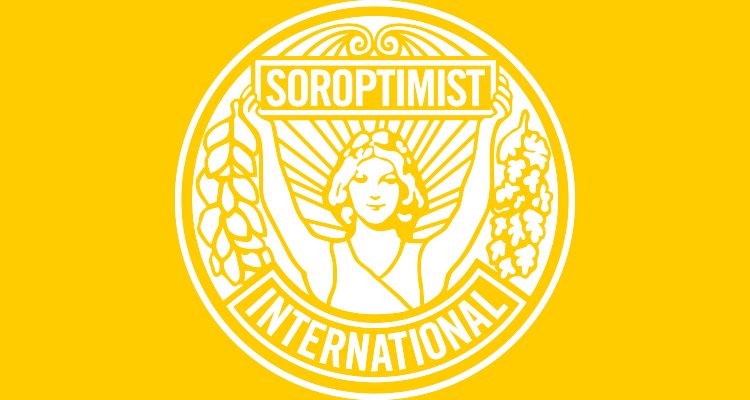Special Advisor to SI Advocacy, Linda Witong, reviews the The World Bank Group’s ‘Little Data Book on Gender, 2019‘.
 “Gender equality plays an important role in sustainable development by improving living standards, reducing poverty and building resilience. But in order to make any progress, regarding any of these goals we require data to determine what challenges still lay before us as well as to assist us in determining what evidence-based policy decisions need to be implemented. Making progress towards gender equality is not an exception to this requirement. But how do you acquire information regarding what progress has been made towards gender equality for 217 economies around the world? The World Bank Group’s ‘Little Data Book on Gender, 2019’ may be the answer. It provides comparable statistics for women and men for the years between 2000 and 2017 across a range of indicators including education, health and related services, economic structure, participation and access to resources, public life and decision making, and agency, enabling readers to readily compare economies. This edition also features online country tables—to be updated quarterly—making it easier to see how women and men are faring across a range of global indicators and to track progress over time.
“Gender equality plays an important role in sustainable development by improving living standards, reducing poverty and building resilience. But in order to make any progress, regarding any of these goals we require data to determine what challenges still lay before us as well as to assist us in determining what evidence-based policy decisions need to be implemented. Making progress towards gender equality is not an exception to this requirement. But how do you acquire information regarding what progress has been made towards gender equality for 217 economies around the world? The World Bank Group’s ‘Little Data Book on Gender, 2019’ may be the answer. It provides comparable statistics for women and men for the years between 2000 and 2017 across a range of indicators including education, health and related services, economic structure, participation and access to resources, public life and decision making, and agency, enabling readers to readily compare economies. This edition also features online country tables—to be updated quarterly—making it easier to see how women and men are faring across a range of global indicators and to track progress over time.
Upon reviewing the data within the ‘Little Data Book on Gender, 2019’, one can determine that, although remarkable progress has been made in recent decades towards gender equality, notably in the fields of education and health, those gains have been distributed unequally between the rich and poorer countries. For example, the good news is that the most recent data shows a global primary school completion rate to be at 91 percent for boys and 90 percent for girls, with lower secondary completion rates at 76 percent for boys and 77 percent for girls. The bad news is that gender gaps to the detriment of girls emerge in low-income countries, mostly in Sub-Saharan Africa, while in some Latin American countries, boys are less likely than girls to complete primary and secondary school.
Moreover, you can determine that while both women’s and men’s lifespans have shown marked global improvements, increases in female life expectancy having been driven in part by a decline in the risk of mortality during childbirth. Globally, there were an estimated 303,000 maternal deaths in 2015, a decline of 31 percent from 2000. But the information within the ‘Little Data Book on Gender, 2019’ also reveals that more needs to be done as maternal mortality still remains high in Sub-Saharan Africa.
 Notwithstanding relatively large gains in education and health, the Little Data Book on Gender 2019 also illustrates that gender inequality regarding access to economic opportunities has remained stubbornly persistent. It shows that with respect to virtually every global measure, women are more economically excluded than men. This is largely because women are more likely than men to be engaged in low productivity activities, work more often in informal employment or transition more frequently between being in employment and out of the labour force. Globally, you can also discover that women’s labour force participation has also not increased. In fact, it decreased from 51 percent in 2000 to 48 percent in 2018. In addition, in terms of access to finance, while account ownership overall continues to expand, gender inequalities also still persist. For example, while 71 percent of men have an account at a financial institution, only 64 percent of women have access to an account at a financial institution . Data also shows that this gap of 7 percentage points was also present in 2014 and 2011. In low and middle income economies, the result is worse regarding the gender gap dealing with the percentage of men and women who have access to an account at a financial institution as it remains at 8 percentage points.
Notwithstanding relatively large gains in education and health, the Little Data Book on Gender 2019 also illustrates that gender inequality regarding access to economic opportunities has remained stubbornly persistent. It shows that with respect to virtually every global measure, women are more economically excluded than men. This is largely because women are more likely than men to be engaged in low productivity activities, work more often in informal employment or transition more frequently between being in employment and out of the labour force. Globally, you can also discover that women’s labour force participation has also not increased. In fact, it decreased from 51 percent in 2000 to 48 percent in 2018. In addition, in terms of access to finance, while account ownership overall continues to expand, gender inequalities also still persist. For example, while 71 percent of men have an account at a financial institution, only 64 percent of women have access to an account at a financial institution . Data also shows that this gap of 7 percentage points was also present in 2014 and 2011. In low and middle income economies, the result is worse regarding the gender gap dealing with the percentage of men and women who have access to an account at a financial institution as it remains at 8 percentage points.
The ‘Little Data Book on Gender, 2019’ can be described as an entry point to large set of statistics that track gender equality in many relevant areas which one can then use to both illustrate examples of progress and challenges that which still remain to be addressed”.
Click here to download the World Bank Group’s ‘Little Data Book on Gender, 2019’.

